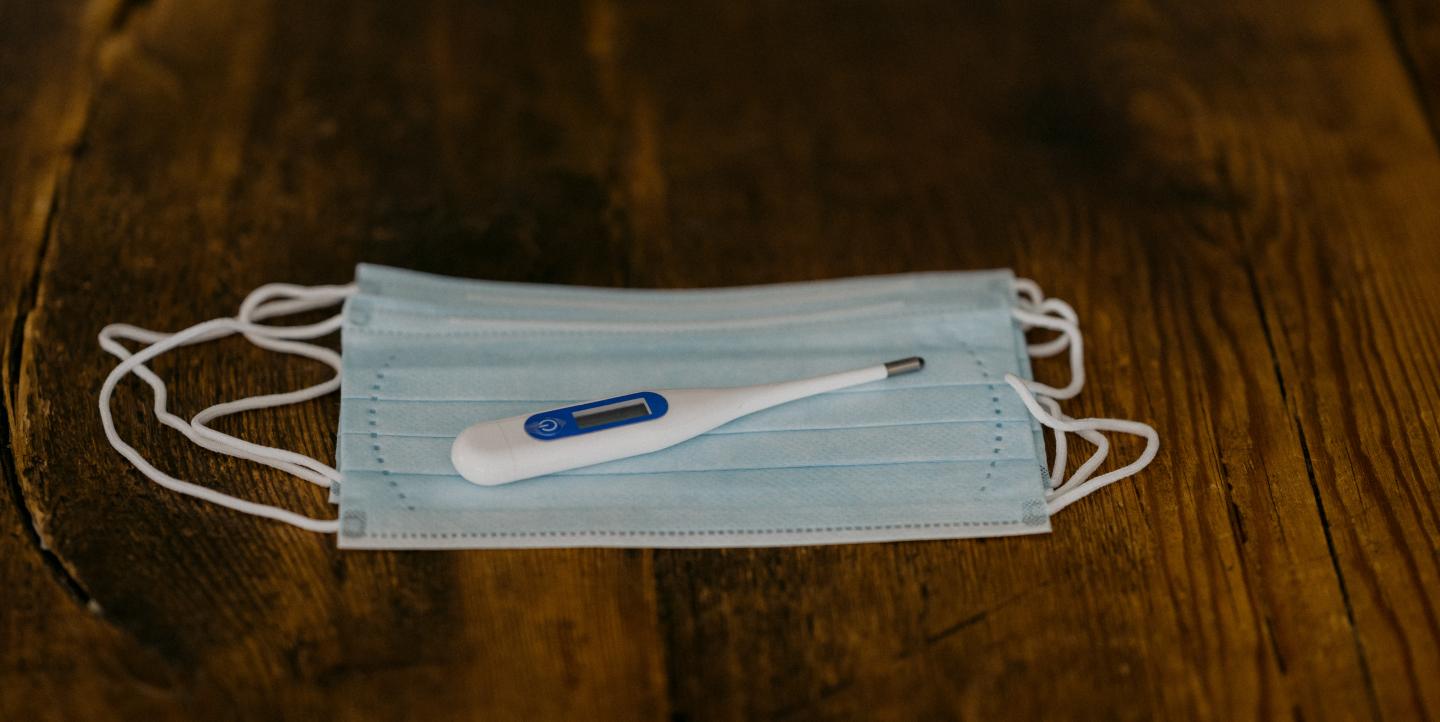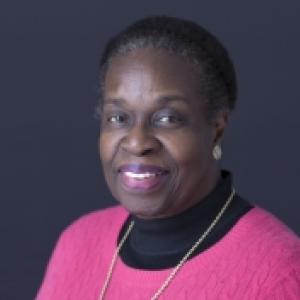As part of the Global Health Crisis Reporting Forum — a project with our parent organization, the International Center for Journalists (ICFJ) — we spoke with Syed Nazakat, an award-winning Indian journalist and founder of Health Analytics Asia, and Dr. Ahmed Firdaus, public health medical officer at Malaysia's ministry of health and founder of Medical Mythbusters Malaysia. The discussion was moderated by Sharon Moshavi, ICFJ’s senior vice president of new initiatives.
This article is part of our online coverage of reporting on COVID-19. To see more resources, click here.
Journalists should watch out for misinformation about vaccines and fake treatments for COVID-19 because misleading the public can lead to deaths, say two fact-checking experts who collaborate to debunk health myths in Asia.
That stark warning came from two men who work together on First Check, a unique collaborative pan-Asia project by Health Analytics Asia, an award-winning data-driven platform which has brought journalists, doctors and technologists together to identify and combat medical misinformation, rumors and unscientific claims about COVID-19.
The speakers: Syed Nazakat, an award-winning Indian journalist and media entrepreneur who pioneered Health Analytics Asia, the continent’s first data-driven health news platform; and Dr. Ahmed Firdaus, a medical doctor in Malaysia and public health medical officer at the Ministry of Health. He is also the founder of Medical Mythbusters Malaysia, a consortium of medical professionals dedicated to countering false health information.
They said there has been a proliferation of misinformation about the virus around the world, especially about possible cures. “What we are seeing... in India and elsewhere is really a massive, unprecedented wave of misinformation,” said Nazakat.
Speaking to journalists in the ICFJ Global Health Crisis Reporting Forum, he added that almost 80% of misinformation and disinformation is about treatment of the disease. There has been “a wave of misinformation and myths and conspiracy theories about bogus treatments. People are actually dying... Almost 200 people died after consuming alcohol because they believed rumors that alcohol can treat or cure this disease.”
[Read more: How to report on climate change during a pandemic]
Firdaus said the problem is exacerbated by the failure of governments in some countries to provide accurate information. “You get misinformation when there is no information,” he said, noting that false news can cause panic. “People go unnecessarily to the clinic when the best thing to do ... is stay home if you’re healthy.”
Here are other key takeaways from the discussion:
On the use of closed messaging apps to spread misinformation
Nazakat: “We are seeing problems on WhatsApp. The problem is that WhatsApp is a closed group. Every family has a group. That makes it difficult to combat [misinformation].”
On anti-vaccine activists who mislead the public
Firdaus noted that many anti-vaccination groups “have a strong following, people who follow them blindly.” He said these groups tell their followers that COVID-19 is a hoax, that they don’t need treatment but should take massive amounts of vitamins instead, or that they should go out and get the infection to build up an immunity.
[Read more: Covering COVID-19: Concepts, sources, treatments and more]
On conspiracy theories around COVID-19
Nazakat said conspiracy theories have popped up around different topics, some blaming the CIA for bringing the virus to China, others blaming China for unleashing the virus on the world.
Firdaus: “In Australia, they say it’s an Islamic agenda. In Malaysia, they say it’s an agenda of Christians and Jews to destroy them.”
On assessing academic studies
Firdaus cautioned journalists to be wary of bogus studies about COVID-19 and to make sure the studies are published by reputable journals and have undergone peer review. “Scientific journals are very hard to understand sometimes... I suggest you reach out to those who are experts, to evaluate the data. Infectious disease physicians instead of general practitioners."
On the importance of collaborating with health experts
Nazakat said doctors are a critical part of debunking rumors and myths around COVID-19. “Journalists can do fact checks but you need doctors on board,” he said.
On useful tools to fact-check bogus information
- Google Reverse Image Search and Tineye for fact-checking photos
- Yandex for images uploaded from Russia
- Invid for checking videos
- Data Viewer from Amnesty International for checking videos
The Global Health Crisis Reporting Forum from ICFJ and IJNet connects journalists covering the novel coronavirus pandemic with leading health experts, resources and each other. Learn more and join the Forum through its Facebook group. Journalists can use these insights and quotes in their stories.
Main image CC-licensed by Unsplash via Annie Spratt.


